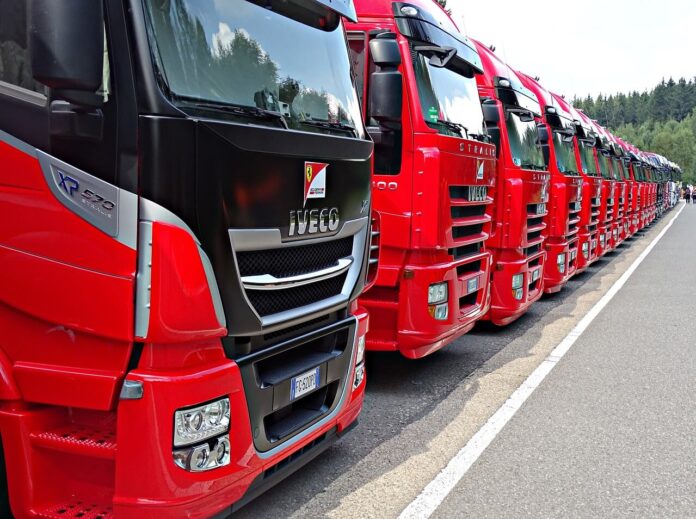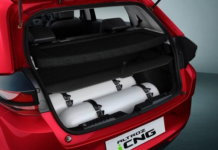There are more truckers and trucking companies in Texas than anywhere else in the country. Suppose you’re considering opening a trucking company in the Loan Star State. In that case, you’re probably wondering what are the necessary truck permits in Texas and what steps you have to take to get started and successfully operate a trucking company here. There are a few things any company needs to get started.
USDOT Number
The United States Department of Transportation oversees the trucking industry in the country. The Federal Motor Carriers Safety Administration is the agency within the USDOT that regulates the trucking industry.
If a trucking company in America operates trucks that are over 10,000 pounds and cross state lines, they must obtain a USDOT number. If you operate a semi-truck in Texas, you’ll have to get a USDOT number even if you don’t cross state lines. Most states require you to get a DOT number.
Permits You Will Need
The Department of Public Safety regulates trucks within the state of Texas. You must adhere to their rules if you operate a vehicle over 26,000 pounds. They require several different trucking permits. In addition to your DOT number, you get a number from the Texas Department of Motor Vehicles Motor Carrier Division. You must display both your USDOT number and your TXDVM number on your truck.
Truckers have to pay taxes to states based on the number of miles they travel on that state’s highways and roads. Years ago, a trucking company would have to pay these taxes to each state individually. The International Registration Plan allows you to pay these fees to one local office. The IRP office will distribute the money to each state you have driven through. The IRP office will issue you a permit to participate in this program.
You will also need an International Fuel Tax Agreement License. The IFTA makes it easier for trucking companies to pay fuel taxes in the same way that the IRP allows them to pay fees. Instead of paying fuel tax to individual states, you pay your local IRP office and then distribute the taxes you owe to each individual state. You will be issued an IFTA license.
Insurance You Will Need
The FMCSA requires that all interstate truck drivers carry liability insurance. You need coverage between $750,000 and $5,000,000. The exact amount will be determined by the type of cargo you carry.
If you’re a moving company, you will need cargo insurance of $5000 per truck and $10,000 per accident. It’s wise to have far more insurance than required by law trucking accidents can cost millions of dollars. Your clients will expect their products to be well-insured.
A Compliance Company
Trucking companies must have a New Entrant Audit from the FMCSA during their first year of operations. You must keep electronic records of almost everything you do during your daily operations. You will not be able to handle all of the compliance details by yourself. You will need to hire a company specializing in compliance to do this.
When you hire a new driver, you must check their driving records in every state where they have lived and confirm employment on every one of their last employers. You will have to give them a drug test, and they will need to pass an FMCSA physical.
Drivers will have to record all of their hours and their activities during those hours on an Electronic Logging Device. You must keep these records filed electronically as well.
Read Also: Important Things to Do When Moving Into a New Home
A driver must do an inspection at the beginning and end of every trip. They must record the results of these inspections on the ELD. A truck must never be driven if it fails any part of this test. When a mechanic fixes a problem, that must be documented as well.
The compliance company you select should have been in business for many years. The people who run it should have practical experience in the industry. They should be focused on helping companies the same size as yours.
Trucking is an exciting and profitable industry. With the proper permits and insurance, you’ll be well on your way to building a successful business.










